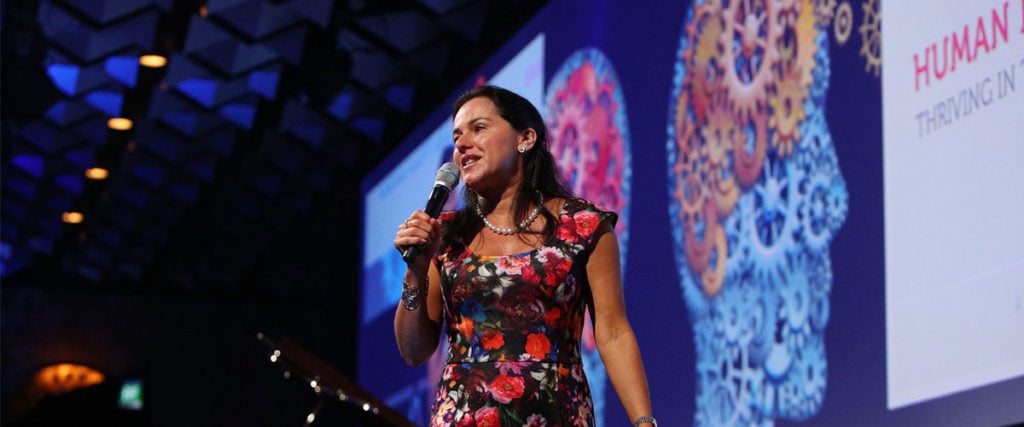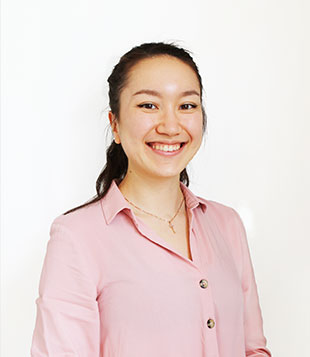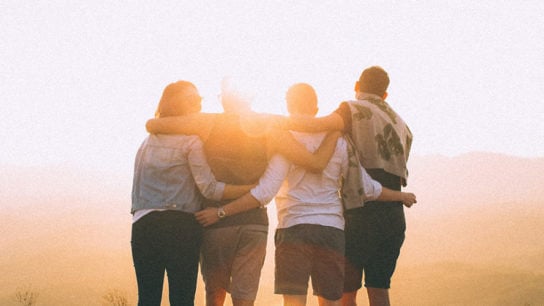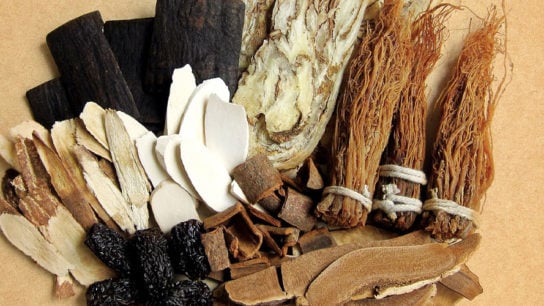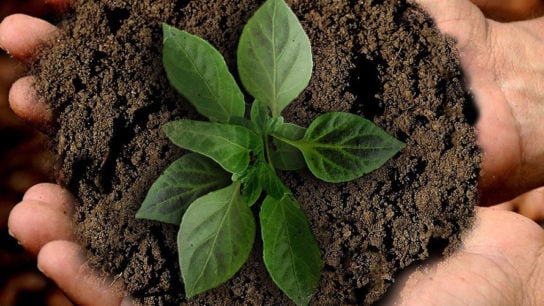Meet Melbourne charity Mind Medicine Australia. They’re tackling depression, anxiety, and PTSD with psychedelic-assisted therapy.
Most of us have our own preconceptions about psychedelics, likely rooted in the counterculture of the 1960s or portrayals in movies. Long before they gained a bad rep, however, psychedelics were hailed as ‘wonder drugs’ for mental illness by scientists and doctors in the ‘50s. Now, decades later, the world is firmly in the grip of a mental health shadow pandemic and current treatment options are proving inadequate. Thankfully, trials into psychedelic-assisted psychotherapy have resumed worldwide, and demonstrated remarkable promise in the treatment of depression, anxiety, addiction, and PTSD, as well as early-stage dementia and anorexia.
Hive Life sat down with serial social entrepreneur and TEDx speaker Tania de Jong to take a deep dive into this extraordinary world. Mind Medicine Australia, the latest of three charities and six businesses, was co-founded in February 2019 with her husband shortly after they encountered the benefits of psychedelic therapy first-hand in the Netherlands. Since then, she’s developed a form of ‘talk therapy’ involving small doses of psychedelic drugs such as psilocybin (magic mushrooms) or LSD in a controlled medical setting to treat mental disorders like depression, anxiety, and post-traumatic stress disorder.
Here, Tania walks us through her profound experiences with psychedelics, navigating stigma and different laws, and why she firmly believes psychedelic medicines hold the key to solving our looming mental health crisis.
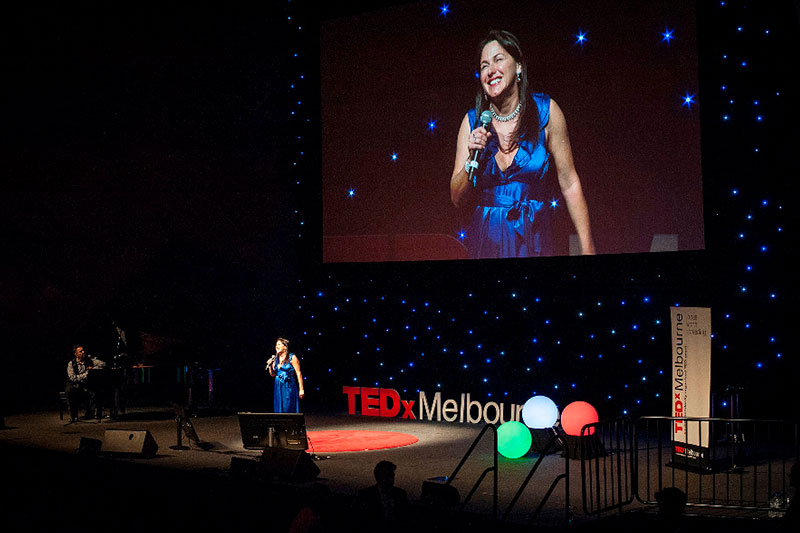
What initially drew you to the subject of mental health?
In all the charities that I’ve either set up or engaged with, I see mental illness at the heart of all disadvantage. My previous charities, The Song Room and Creativity Australia and With One Voice, both focus on levelling the playing field between fortunate and less fortunate people with a recognition that disadvantaged communities are often more marginalised, isolated, lonely, and disconnected – the root of most mental illnesses. We can provide housing and various inclusion programmes to support disadvantaged people, but if they have not dealt with the underlying subconscious issues which are presenting in their lives, then the ‘band-aid’ approach isn’t going to work in the long run.
For many younger people, the COVID-19 pandemic is their first experience of trauma, which can be really confronting to those who have led fairly privileged and connected lives. COVID-19 is very reminiscent of a war scenario in that respect and will create a mental health fallout like nothing we’ve ever seen before. Like I said, we already have an epidemic of loneliness, social isolation and disconnection, so I think it’s fair to say that a mental health pandemic is going to last long after this viral pandemic is over.
What made you and your husband decide to try psilocybin-assisted therapy?
I stumbled across Michael Pollan’s article in The New Yorker called ‘The Trip Treatment’, which Tim Ferriss referenced in a blog I happened to subscribe to. There was something about it that just resonated with me – and as soon as I’d read it, I turned to my husband and said, “Oh my God, Peter, we have to do this.”
Now, I don’t drink alcohol, I don’t drink coffee, I don’t smoke, and I’d certainly never taken drugs before that point. I’m the kind of person who’s been in control of everything my whole life, so the prospect of letting go was quite frightening for me. As for my husband, his father committed suicide when he was 13, which is obviously a major trauma for a young boy. And of course, there was no counselling or psychologists back then to support him through that.
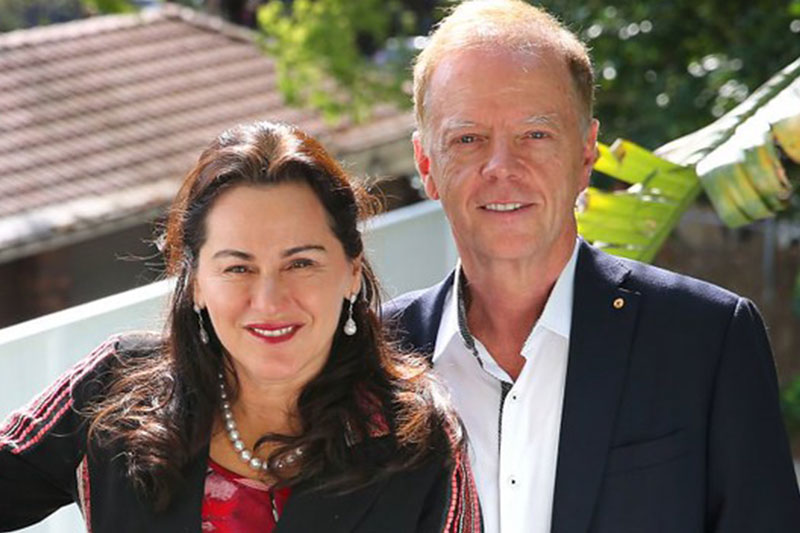
Can you share what that first experience was like for you?
After trying and failing to get into multiple trials happening globally at the time, we were lucky enough to find a therapist in the Netherlands, where the use of psychedelics is legal. We were guided through a private session and administered a large dose of psilohuasca – a combination of psilocin-containing fungi and Syrian Rue, a MAO-inhibitor used to enhance and prolong the effects of a trip. And sure enough, it was as if all boundaries dissolved. There was just this indescribable feeling of oneness, connection, and of putting everything into context. I saw and experienced things I was not present for, but my soul apparently was. Time and space became flexible, and I really got the sense that we as humans exist on so many different dimensions.
This had a profound impact on our wellbeing, and we’ve since sought out sessions every 6 months or so. We call it our “reset button”. Every time we work with these medicines, the experience is always different but equally as profound. I’ve learned more and more as I’ve healed and peeled back the onion further – and I truly believe that’s why these medicines are here.
What is Mind Medicine Australia, and how are you making psychedelic-assisted psychotherapy more accessible?
MMA is a registered charity that seeks to establish safe and regulatory-approved psychedelic-assisted treatment for mental illness in Australia. We are not a company. It’s important to stress this because a lot of people assume we must have some hidden agenda. Our only agenda is to alleviate mental illness through innovation in treatment and to ensure that the most effective, evidence-based medicines are made accessible and affordable to all Australians in need. We are not advocating for recreational or non-clinical use of psychedelics, nor do we advocate for changes to the law with respect to non-clinical use.
We have four strategic pillars that we operate from. One of them is awareness and knowledge building – so that’s making sure key stakeholders (e.g. medical practitioners, academia, government, philanthropists, etc.) and the general public understand the science behind these medicines, which were recently granted ‘breakthrough therapy’ status by the FDA. We run a lot of webinars, screenings and other events, and have our International Summit on Psychedelic Therapies for Mental Illness coming up in November. We’re also starting metropolitan and regional Chapters of MMA to further awareness and expand our fundraising.
Additionally, our strategy includes the development of therapist training protocols, ethical guidelines, and a best practice Certificate in Psychedelic-Assisted Therapies (CPAT) commencing in early 2021. We are also looking at rolling out state-of-the-art clinics across Australia, as well as an Asia Pacific Centre of Excellence in partnership with the federal government and leading universities in Australia, and hope to collaborate with the centres at John Hopkins and Imperial College London. We don’t feel the need to reinvent what’s already been researched, so what we’ll do instead is look at novel trials of medicinal psilocybin and MDMA and other psychedelic medicines, and how to manufacture them using agribusiness in the APAC.
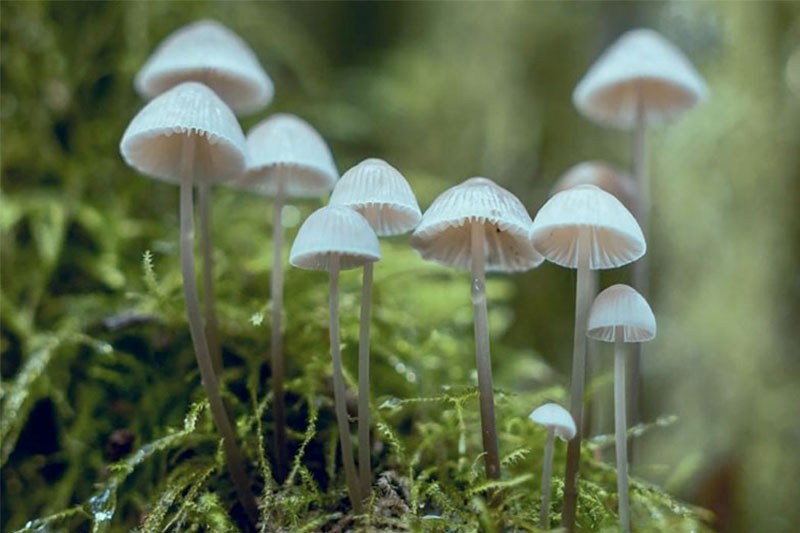
Psychedelics are largely illegal around the world. How do you go about navigating different laws to ensure a legal therapeutic experience for those in need?
We’re focused on medically controlled treatments in the above-ground environment, so we obviously cannot recommend underground therapists. That being said, we still encourage people to do what’s necessary to heal themselves – it’s amazing how many people I know that went to Holland over the summer just to access this treatment. But the reality, of course, is that most of us are very law-abiding or simply don’t have the money to go overseas, and so continue to suffer. We receive heartbreaking messages every day from people begging for these medicines. The greatest tragedy is that some sufferers don’t survive even though there are medicines that could heal them out there. In fact, one of our board members, Dr Simon Longstaff, who runs Australia’s Ethics Centre, says that it’s unethical to withhold these treatments from people who are suffering. It is a human rights issue as much as anything. Doctors take a Hippocratic Oath to heal their patients with the best available treatments – but that’s not happening.
There is actually an overriding program available in many nations called ‘special access’ or ‘compassionate use’ scheme, which has largely been used to help get medicinal cannabis available for patients worldwide. In Australia alone, we have 3,500 approvals per month for medicinal cannabis through the Special Access Scheme. This scheme can be accessed when a doctor has run out of options and can apply to become an authorised prescriber of unregistered drugs to help patients with intractable conditions, who have been resistant to standard methods of treatment and pharmacology, and the patient is at risk. APAC countries need to get on that bandwagon and ensure there are authorised prescribers in each of their jurisdictions. It’s critical that we start building data and documenting the healings that take place as a result.
What methods of raising awareness have proven the most effective in terms of mitigating the stigma surrounding psychedelics and their use?
The most effective method, again, is to show people the recent trial results because the case for psychedelics in a medically controlled environment is extremely compelling. In many trials, psilocybin-assisted therapy has led to remissions of 60-80% for cases of anxiety and depression after just 2 or 3 sessions in combination with psychotherapy. By comparison, current existing treatments led to remission in a maximum of 35% of cases. Antidepressants have an effect size of 0.3, whereas the effect size of psilocybin for depression can be up to 10 times larger, at 3.1. We’re not saying that it’s a panacea for all – no treatment is. What we’re saying is that psychedelic medicine is helping significantly more people get better than any current treatments are.
The other way is to show people that Nixon’s ‘War on Drugs’ and criminalisation of psychedelics in 1970 had nothing to do with science, and almost everything to do with politics – more specifically, to suppress the anti-Vietnam movement. Psychedelics successfully treated over 40,000 patients in the ‘50s and ‘60s, so there were no medical grounds for making it illegal. One of our Ambassadors, Professor David Nutt, claims that it’s the worst censorship of science and medical treatment in the history of humanity. We have lost 50 years of research and in that time, there has been a massive spike in depression, loneliness, social isolation, and disconnection. So once people understand both the history and the scientific evidence that’s come out of trials in recent years, even the most sceptical doctors will ask, “How can we make these medicines available to our patients as soon as possible?”

What would you say to those interested in psychedelic-assisted therapy, but have had (or fear having) “bad trips”?
I think the idea that people can have “bad trips” is in many ways mythology. For a start, your medicine experience, as I prefer to call it, may contain dark elements because the medicines will by nature find what needs to be healed. The advisable path, then, is to move towards that darkness. You’ll find that as you confront whatever trauma it is that you’ve been carrying (potentially for lifetimes), it evaporates and turns into light. Your shadow is not something to be fearful of, just something to go through, accept, and ultimately let go of. I’ve personally had dark moments in many of my experiences, but I’ve always ended up lighter. It really shows you what an incredible gift it is to be human, and you feel a sense of oneness with all that is alive. As a result, you’ll find there’s a lot of collective suffering too. And I carry that with me every day, but it’s about recognising, “Okay, I can’t take this all on. However, what I can do is be of service where possible.” That’s why I’ve set up all these organisations over the years, and why the majority of what I do is given pro bono.
What are you most excited about right now?
Our Global Summit, for sure. We’ve got an incredible lineup of thought leaders across the entire ecosystem, including clinicians, scientists, mental and public health professionals, policy-makers, corporates, and investors that we’re bringing to Melbourne, COVID willing. But I guess I’m most excited about seeing Australia – and the Asia Pacific region – get up on the curve because we’ve been a long way behind in this space, especially compared to other nations like the US, Israel, Switzerland, Canada, etc. We’d sold over 300 tickets by February which, for an event held in November, is pretty spectacular. It just goes to show the demand in our community for innovation in treatment. The current system doesn’t work, so it’s time for a huge change in our understanding of what treatments are available for the millions who are suffering right now.
To support Mind Medicine Australia or find out more about psychedelic medicines for mental illness, you can visit their website and download their free eBook. Tickets are also still available for the two-day International Summit here.
Related Articles
One Man’s Journey: Changing How We Talk About Men’s Mental Health
The App to Stop Alcohol Addiction? With 40,000+ Users, It’s Definitely Making an Impact
